![]()
![]()
![]()
Use LEFT and RIGHT arrow keys to navigate between flashcards;
Use UP and DOWN arrow keys to flip the card;
H to show hint;
A reads text to speech;
63 Cards in this Set
- Front
- Back

Industry |
the ownership and management of companies, factories, etc.: |
|
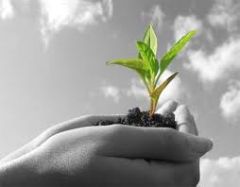
Agriculture |
the science, art, or occupation concerned with cultivating land, raising crops, and feeding, breeding, and raising livestock; farming. |
|

derivative |
not original; secondary. |
|
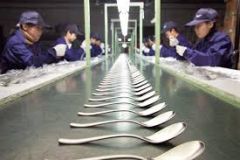
Manufacture |
the making of goods or wares by manual labor or by machinery,especially on a large scale:` |
|

Derive |
to receive or obtain from a source or origin. |
|

Product |
a thing produced by labor: |
|
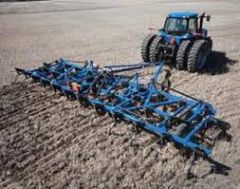
Plow |
an agricultural implement used for cutting, lifting, turning over, and partly pulverizing soil. |
|

Marketing |
the total of activities involved in the transfer of goods from the producer or seller to the consumer or buyer, including advertising, shipping, storing, and selling. |
|
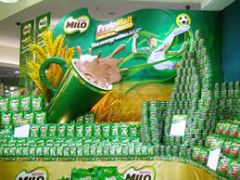
Merchandising |
the planning and promotion of sales by presenting a product to the right market at the proper time, by carrying out organized, skillful advertising, using attractive displays, etc. |
|

Analyze |
to examine carefully and in detail so as to identify causes, key factors,possible results, etc. |
|
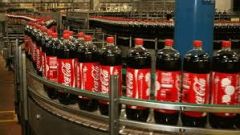
Production |
the act of producing; creation; manufacture. |
|

Quality |
high grade; superiority; excellence: |
|

Variety |
a number of different types of things, especially ones in the same general category: |
|

Discipline
|
activity, exercise, or a regimen that develops or improves a skill; training: |
|

broad |
not limited or narrow; of extensive range or scope: |
|
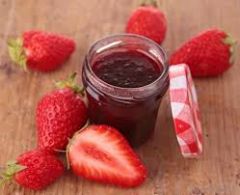
Preserve |
to keep safe from harm or injury; protect or spare. |
|
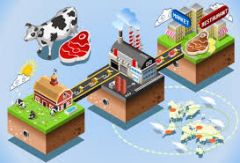
Process |
a systematic series of actions directed to some end: |
|

Standards |
a rule or principle that is used as a basis for judgment: |
|
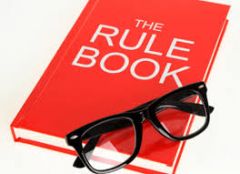
Regulations |
a law, rule, or other order prescribed by authority, especially toregulate conduct. |
|
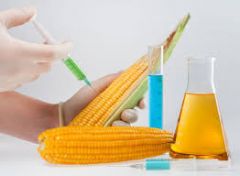
Additives |
something that is added, as one substance to another, to alter or improve the general quality or to counteract undesirable properties: |
|
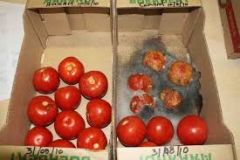
Preservatives |
a chemical substance used to preserve foods or other organic materials from decomposition or fermentation. |
|

Technologist |
a person who specializes in technology. |
|

Development |
the act or process of developing; growth; progress: |
|

Enhancement |
to raise to a higher degree; intensify; magnify: |
|
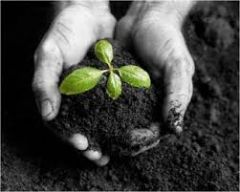
Agronomy |
the science of soil management and the production of field crops. |
|
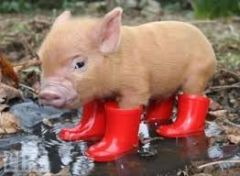
Breeding |
the producing of offspring. |
|
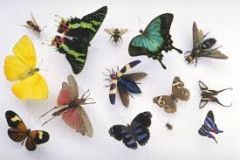
Entomology |
the branch of zoology dealing with insects. |
|
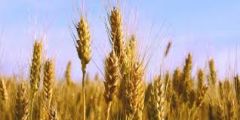
Yield |
to give forth or produce by a natural process or in return for cultivation: |
|

Simultaneously |
existing, occurring, or operating at the same time; concurrent: |
|

Maintain |
to keep in a specified state, position, etc.: |
|
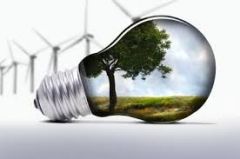
Conserve |
to use or manage (natural resources) wisely; preserve; save: |
|
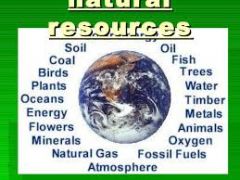
Natural Resource |
natural resources, the natural wealth of a country, consisting of land, forests, mineral deposits, water, etc. |
|
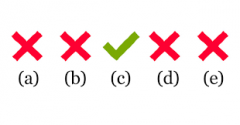
Eliminate |
to remove or get rid of something |
|

Implement |
to put into effect according to or by means of a definite plan or procedure. |
|

intervene |
to come between disputing people, group, etc: intercede; mediate. |
|

Composition |
the act of combining parts or elements to form a whole. |
|

Various |
of different kinds, as two or more things; differing one from another: |
|
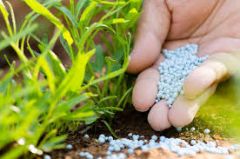
Fertilizer |
to make productive |
|
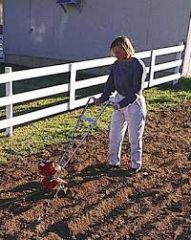
Till |
to labor, as by plowing or harrowing, upon (land) for the raising of crops; cultivate. |
|

Maximize |
to make the greatest or fullest use of: |
|

Interrelated |
relate or connect to one another. |
|
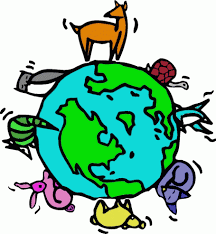
Ecology |
the branch of biology dealing with the relations and interactions between organisms and their environment, including other organisms. |
|
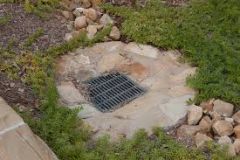
Drainage |
the act or process of draining. |
|
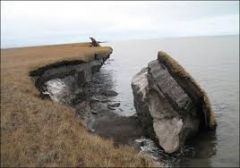
Erosion |
the process by which the surface of the earth is worn away by the action of water, glaciers, winds, waves, etc. |
|

Genetics |
Biology. the science of heredity, dealing with resemblances and differences of related organisms resulting from the interaction of their genes and the environment. |
|
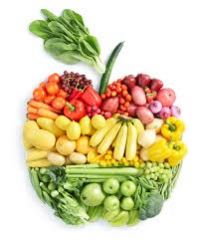
Nutrition |
the process by which organisms take in and utilize food material. |
|

reproduction |
Biology the natural process among organisms by which new individuals are generated and the species perpetuated. |
|
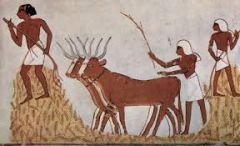
Domesticate |
to tame (an animal), especially by generations of breeding, to live in close association with human beings as a pet or work animal and usually creating a dependency so that the animal loses its ability to live in the wild. |
|
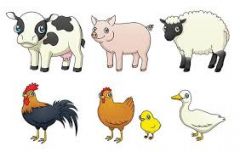
Livestock |
the horses, cattle, sheep, and other useful animals kept or raised on a farm or ranch. |
|

Extension |
an act or instance of extending, lengthening, stretching out, or enlarging the scope of something. |
|

Agent |
person or business authorized to act on another's behalf: |
|

Consultant |
a person who gives professional or expert advice: |
|

Facilities |
something designed, built, installed, etc., to serve a specific function affording a convenience or service: |
|

Mortality |
the relative frequency of deaths in a specific population; death rate. |
|

Impression |
the first and immediate effect of an experience or perception upon the mind; sensation. |
|
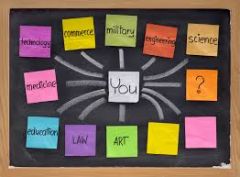
college major |
the subject path a student chooses to take in college to earn a degree |
|
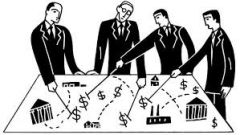
Economist |
a specialist in economics. |
|

Accountant
|
a person whose profession is inspecting and auditing personal or commercial accounts. |
|

Finance |
the management of revenues; the conduct or transaction of money matters generally, especially those affecting the public, as in the fields of banking and investment. |
|

Commodity |
something of use, advantage, or value. |
|

Communicator |
a person who communicates, especially one skilled at conveying information, ideas, or policy to the public. |
|

Textiles |
any cloth or goods produced by weaving, knitting, or felting. |
|

Fibers |
a fine, threadlike piece, as of cotton, jute, or asbestos. |

